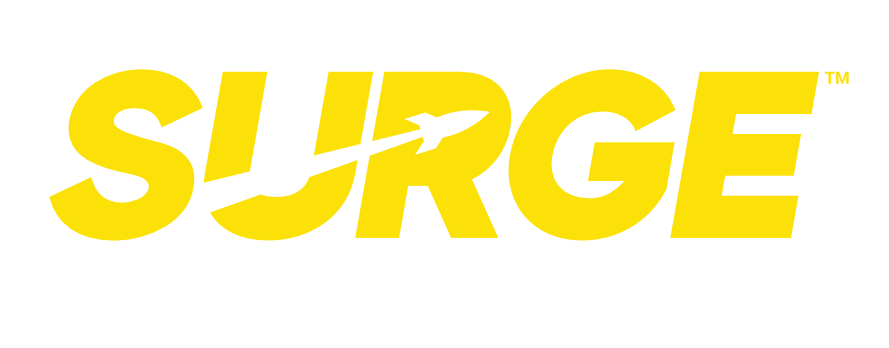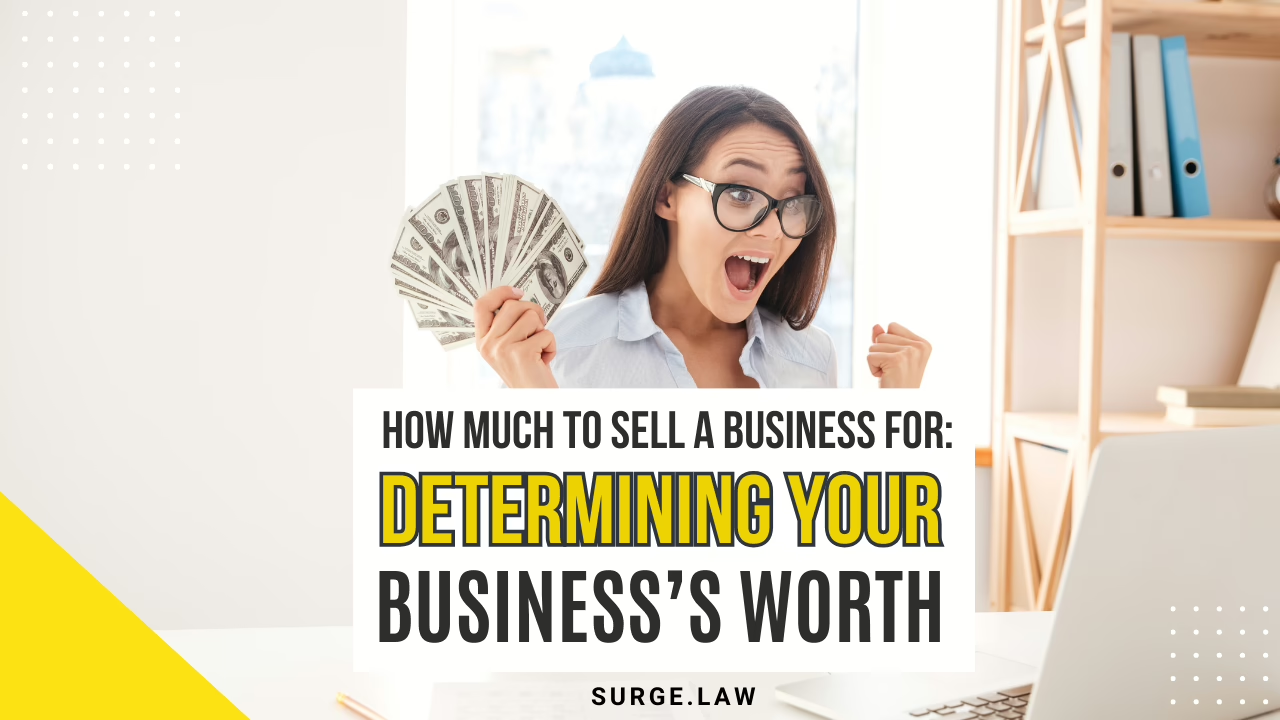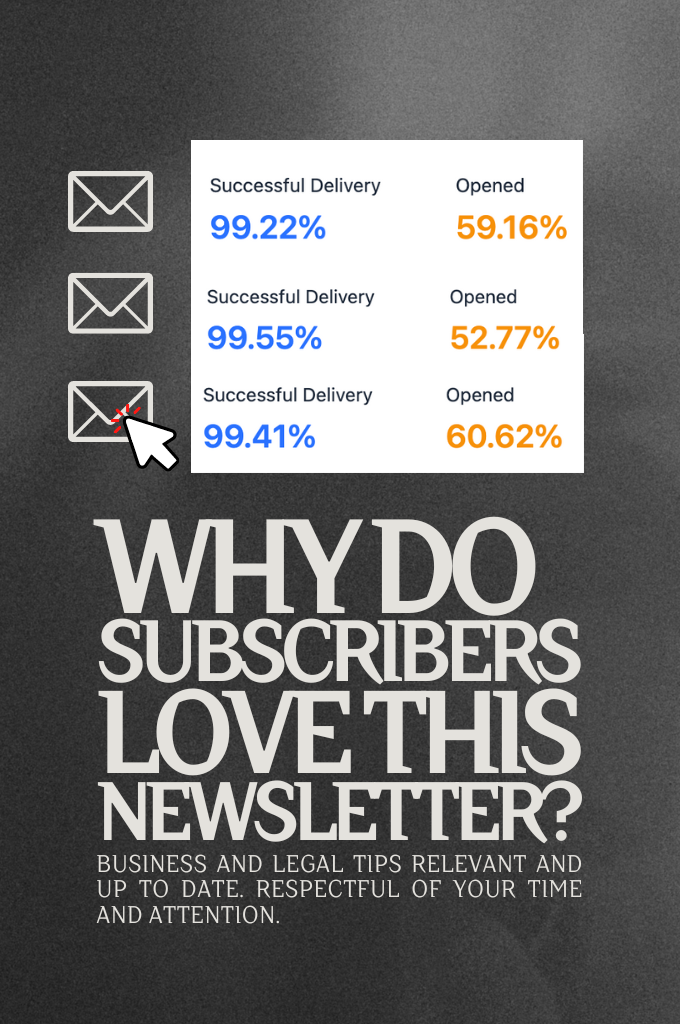How Much to Sell a Business For: Determining Your Business’s Worth
One of the biggest questions any business owner faces when thinking about selling is, “How much is my business worth?” It’s an important question, and the answer can feel elusive—especially when you hear wildly different figures depending on who you ask. Brokers and sensational blog posts might promise sky-high multiples, but in reality, the valuation of a business, especially one valued at $5 million or less, is usually much more straightforward.
At Surge Business Law, we help business owners cut through the noise to understand what their business is really worth. In this post, we’ll talk about the key factors that influence the sale price of a business, how valuations are calculated, and what you need to know to prepare your business for sale.
1. Introduction to Business Valuation
Before we get into the details, let’s start with the basics: What is business valuation? Business valuation is simply the process of determining how much your business is worth in the market. This value is influenced by several factors, including how much your business earns, what assets it holds, and even the overall health and growth potential of the business.
But beware of inflated expectations—especially if your business falls into the $5 million or less range. Valuations for businesses like these tend to be much more conservative, which brings us to our next point: the factors that really influence the sale price.
2. Factors Influencing the Sale Price of a Business
Several factors determine how much a business will sell for, but here are some of the most important ones:
- Earnings: The most significant factor is usually the business’s earnings, specifically what’s called Seller’s Discretionary Earnings (SDE). This is the total income the business generates for its owner, including salary and benefits.
- Growth Potential: A business that’s growing steadily is going to command a higher sale price than one that’s declining. Buyers want to see the potential for future profits.
- Market Conditions: The broader economic environment can play a role in how much buyers are willing to pay. In a booming economy, businesses tend to sell for more, while in a downturn, prices might be lower.
- Assets and Inventory: The value of the physical assets (like equipment or inventory) adds to the overall valuation but usually plays a secondary role to earnings.
3. Methods for Valuing a Business
There are several ways to value a business, but for small- to medium-sized businesses, the most common method involves using a multiplier of SDE (Seller’s Discretionary Earnings). For businesses valued at $5 million or less, we’ve found this to be the simplest and most effective approach.
4. What is SDE?
SDE, or Seller’s Discretionary Earnings, represents the total income that the business generates for the owner. It includes the owner’s salary, any benefits, and one-time or non-recurring expenses that won’t continue after the sale. In short, SDE reflects the cash flow a buyer can expect to receive from owning the business.
5. What are Multipliers?
A multiplier is a number that you multiply the SDE by to get a rough idea of what your business is worth. For businesses in the $5 million or less range, this multiplier typically falls between .75 and 1.5.
The exact number depends on the health of the business. A business that’s growing, have loyal customers, and is in a strong market position might get a multiplier closer to 1.5. On the other hand, a business that’s facing challenges—whether it’s declining sales or tougher competition—might see a multiplier as low as .75.
Be cautious if someone promises a much higher multiplier. Brokers sometimes inflate this figure to get your signature on a contract, but the truth is that most small- to medium-sized businesses will not sell for 6x to 20x earnings. While these figures might apply to tech companies or businesses with massive growth potential, they’re unrealistic for the average business.
6. How Much Are My Assets and Inventory Worth?
In addition to the SDE multiplier, the value of your tangible assets and inventory is added to the final valuation. These include things like equipment, vehicles, inventory, or real estate that your business owns. The value of these assets can boost your sale price, but typically they won’t be the primary driver—your earnings are what buyers are really interested in.
7. What is Usually Not Included in the Valuation?
When determining the sale price of a business, there are some things that aren’t typically included in the valuation. For example:
- Personal expenses run through the business: If you’ve been using the business to pay for personal expenses, these don’t count toward the value.
- Liabilities: Debts and other liabilities generally won’t increase the value of your business, although they might affect how much the buyer is willing to pay after taking them on.
- Future potential not backed by current performance: Buyers will pay for proven results, not promises. So, unless your business is already showing strong growth, you’re unlikely to get paid for future potential alone.
8. Preparing Your Business for Sale
Once you have a general idea of how much your business is worth, the next step is to get it ready for sale. This includes:
- Cleaning up your financials: Make sure your financial records are clear, accurate, and up to date. Buyers will scrutinize your numbers closely, and any discrepancies can hurt your sale price.
- Tidying up your operations: Make sure your business is running smoothly, with clear processes in place. A well-organized business is more attractive to buyers.
- Addressing potential concerns: If there are any issues—like outdated equipment or pending legal matters—try to address them before you go to market.
9. Negotiating the Sale Price
Even after a valuation, the sale price of your business is still negotiable. Buyers may offer less than your asking price based on factors like perceived risk or needed improvements. That’s why it’s important to go into negotiations with a solid understanding of your business’s value and realistic expectations. Keep in mind that you may need to adjust your price to close the deal, but having a strong foundation in your valuation will help you stand firm on your key numbers.
Conclusion: Know the Real Value of Your Business
Selling a business is a major decision, and understanding what your business is truly worth is the first step toward a successful sale. While it’s tempting to aim for high multiples, especially when brokers promise big numbers, the reality is that most small- to medium-sized businesses are valued based on a more conservative approach.
At Surge Business Law, we help business owners get realistic valuations based on their earnings, multipliers, and tangible assets. By focusing on what buyers are really willing to pay, we help you avoid the disappointment of inflated promises and set you up for a smooth, profitable sale. If you’re thinking about selling your business and need help with the valuation process, contact us today.


